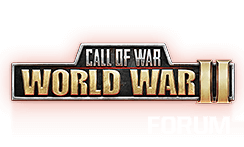They original lost part of the terrortories to the Soviet, (today's Moldavia), then they lost translvania to hungary and still join on their side(Axis), can someone explain why this would happen  , why they join the faction whom take their land?
, why they join the faction whom take their land?
 , why they join the faction whom take their land?
, why they join the faction whom take their land? 